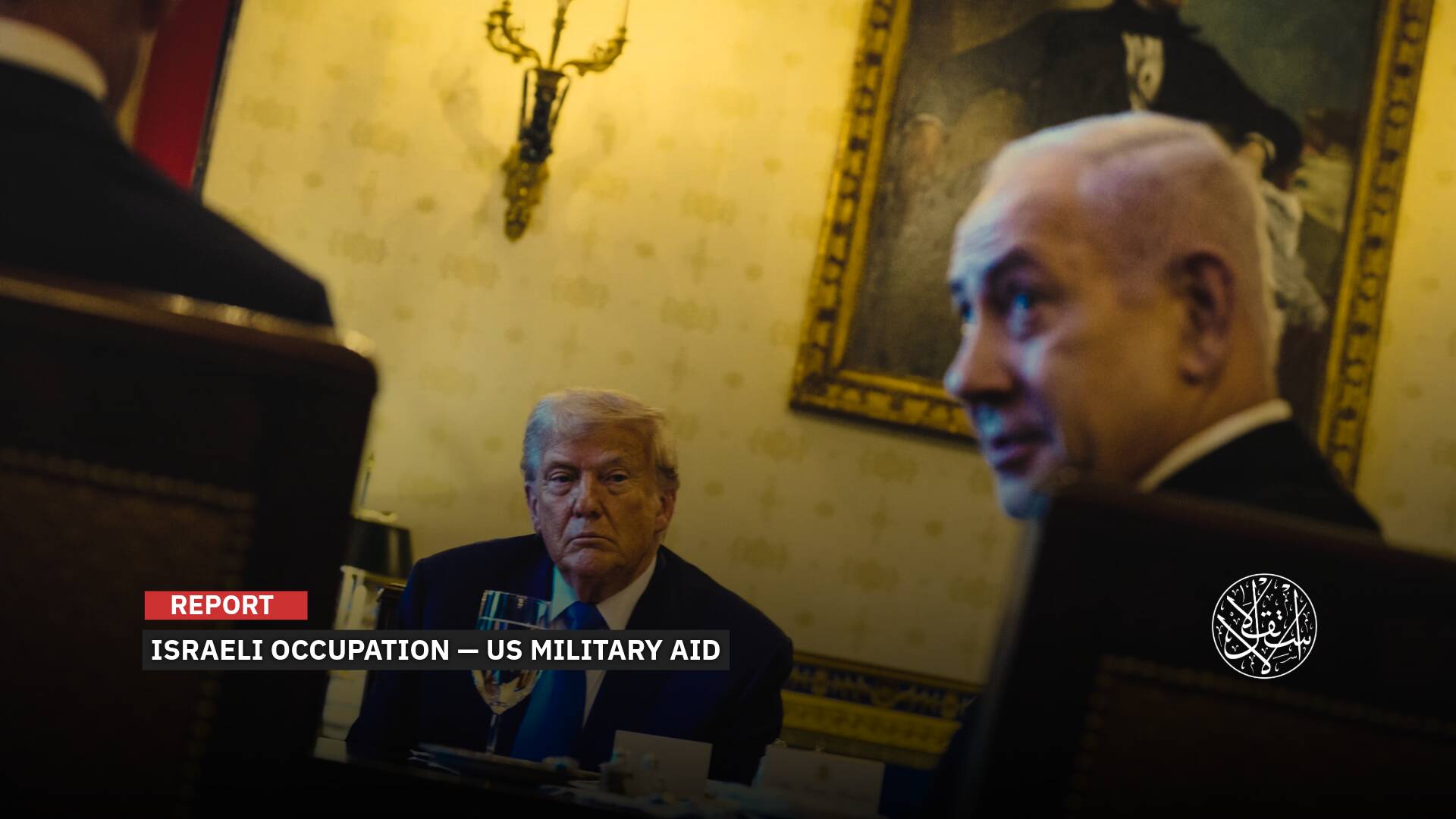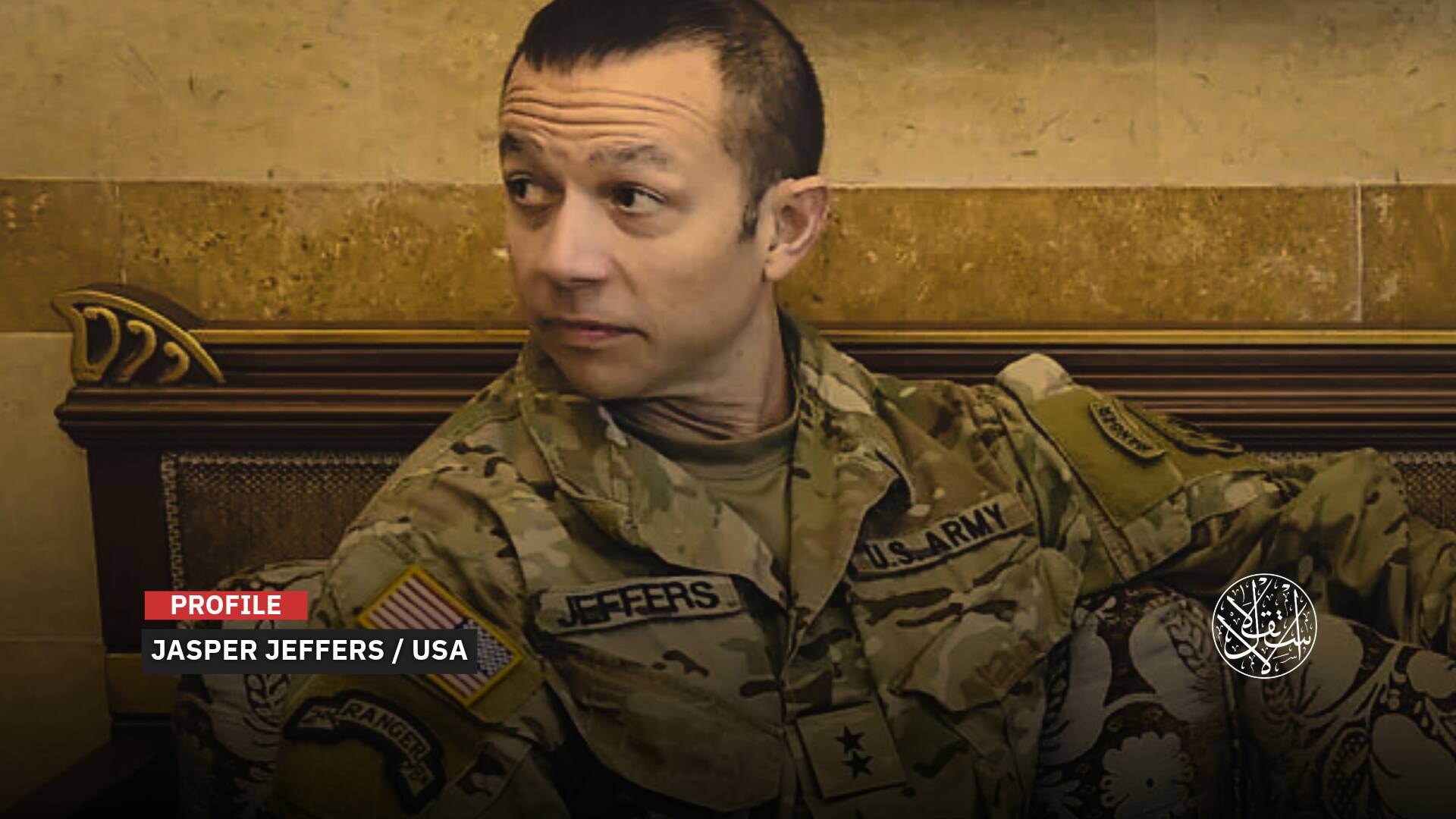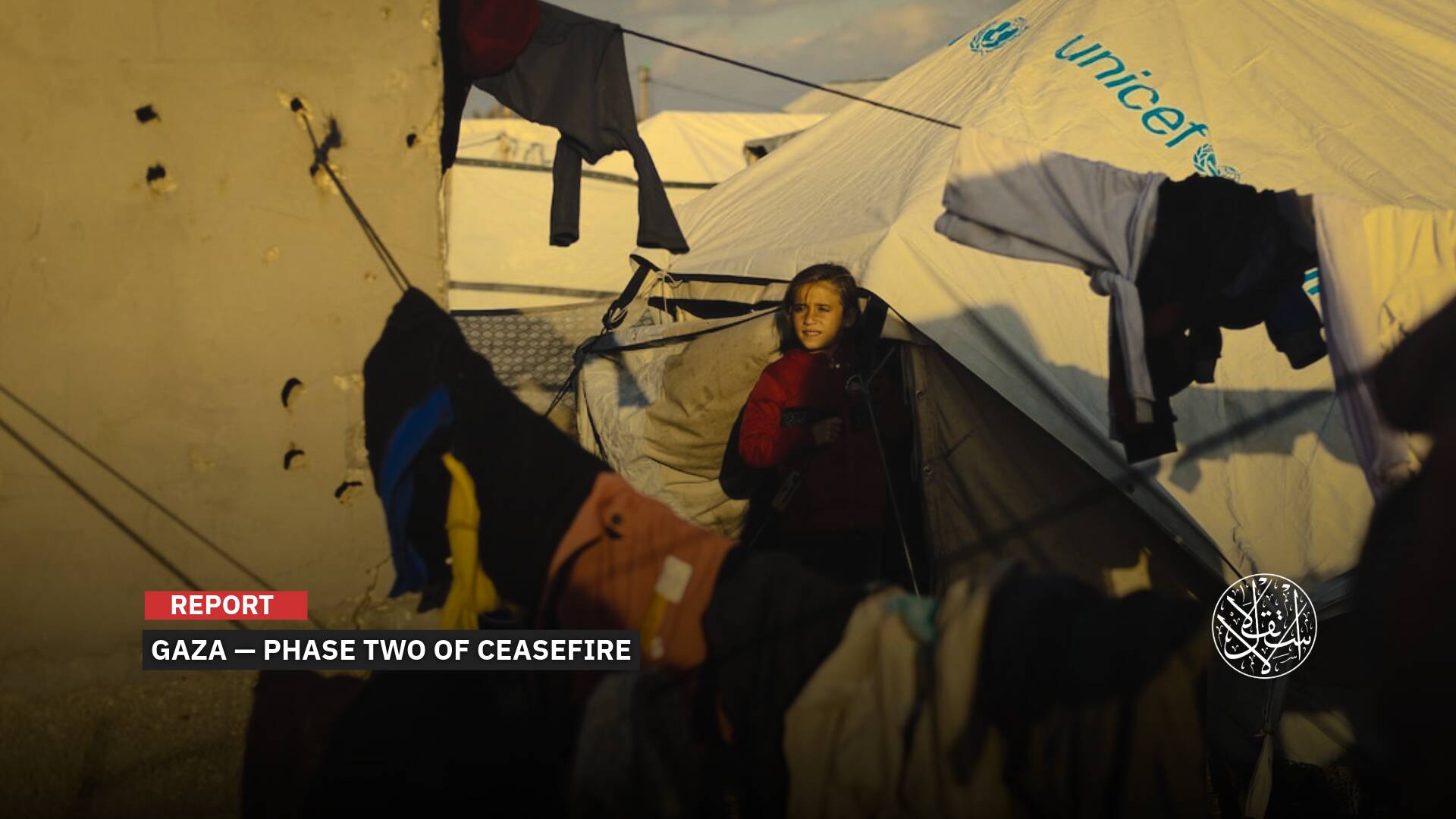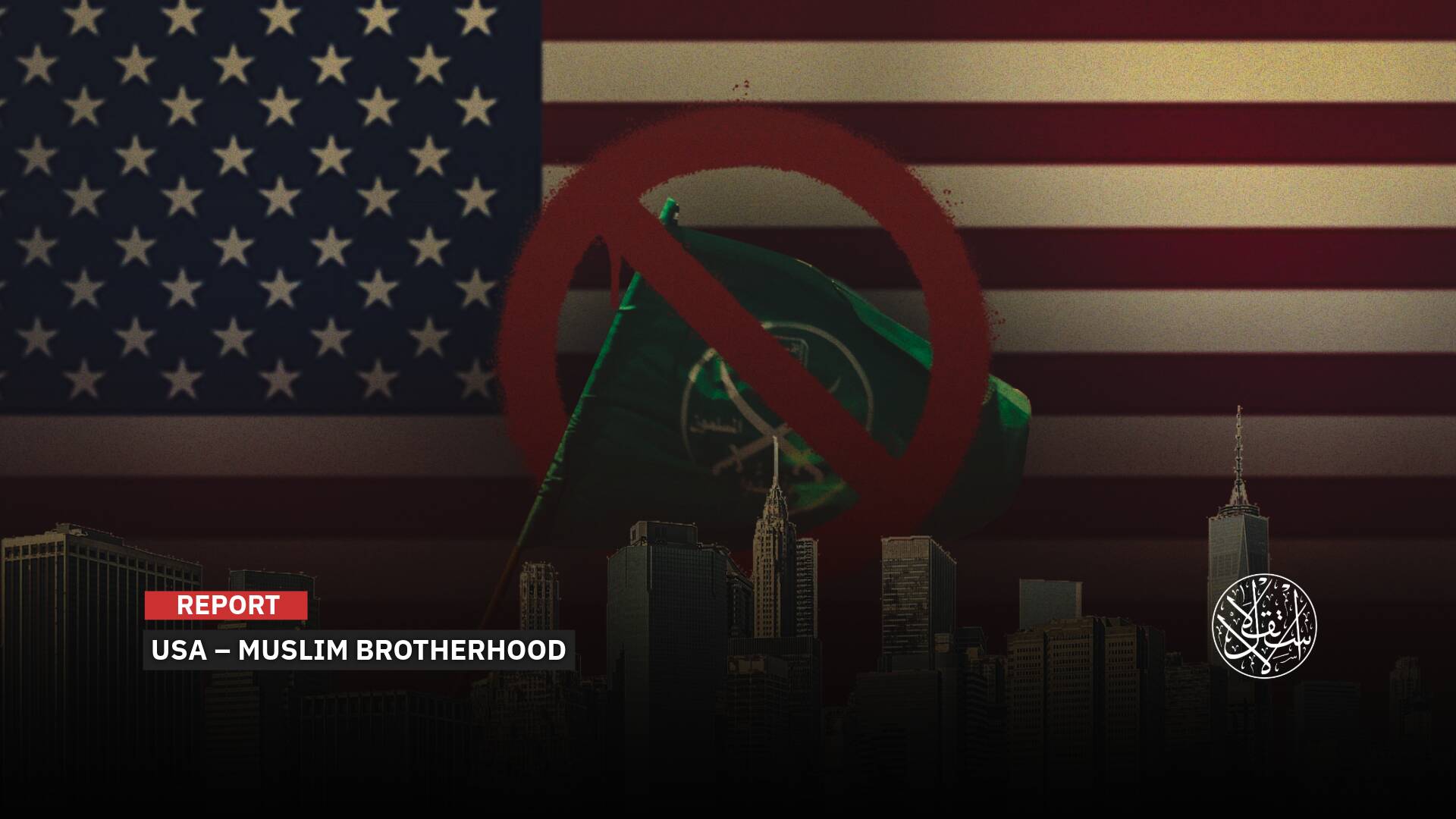How Has the UAE Contributed to Arming the Israeli Occupation?

"The 2020 Abraham Accords opened new markets for Israeli arms dealers."
In recent months, there has been a growing call to boycott the United Arab Emirates (UAE) due to allegations of its indirect support for the Israeli occupation’s military war crimes in Gaza.
These appeals have intensified against the backdrop of continuous commercial exchanges and the operation of a land bridge from Abu Dhabi to Tel Aviv, all while the Israeli occupation enforces a strict siege on the Gaza Strip, blocking humanitarian aid.
Elbit System
The UAE’s support for the Israeli occupation, now extending over 300 days, is not confined to economic, political, and media spheres; it also encompasses military assistance.
This is evident through agreements with Israeli companies that are major suppliers of ammunition to the Israeli army, involving transactions worth millions of dollars.
A recent deal underscores this military cooperation. The Israeli Ministry of Defense announced a new contract with Elbit Systems to supply the army with precision mortar munitions, valued at over $220 million.
These munitions are equipped with advanced guidance systems, including laser technology and GPS, “designed to enhance targeting accuracy and minimize collateral damage, thereby increasing the operational effectiveness of the Israeli occupation’s ground forces.”
Elbit Systems confirmed the contract, stating it would deliver laser-guided mortar ammunition and GPS systems, known as "Iron Sting," over the next two years.
Yehuda Vered, the company's CEO, emphasized that this agreement bolsters their position as a leader in precision-guided solutions, crucial for military engagements in urban environments where “reducing collateral damage is paramount.”
The "Iron Sting" is a 120mm mortar shell featuring a coded continuous wave laser sensor and fuse. It is both lightweight and cost-effective, with a targeting range of 1 to 12 kilometers.
The Israeli Occupation Military highlighted that this agreement aligns with its strategy to ensure a consistent supply of essential materials for the army's current and future operations.
Bezhalel Machlis, President and CEO of Elbit Systems, remarked on the deal, emphasizing the company's ongoing commitment to developing, manufacturing, and delivering top-tier technological solutions and products, proven in combat, to clients in the Israeli occupation and internationally.
This contract is part of a continuing relationship between the Israeli Occupation Military and Elbit Systems. Last July, the ministry signed an agreement with Elbit Systems for the production of 155 mm artillery shells.
Elbit Systems has, also, helped the Israeli Occupation in its apartheid program by building the infamous separating wall in the West Bank, equipped with advanced monitoring systems.
For the past 300 days, Israel has been engaged in a protracted war on the Gaza Strip, marked by intensive airstrikes.
These operations have resulted in the deaths and injuries of over 140,000 Palestinians, with more than 10,000 reported missing.
The relentless bombardment has turned vast areas of the Strip into rubble, with more than 40 million tons of debris.

International Supplier
Elbit Systems, a prominent Israeli defense and high-tech company, has established itself as a major player in the global market, developing and supplying advanced military systems worldwide.
The firm is a leading producer of unmanned aerial vehicles for both military and civilian applications, as well as optical and electro-optical systems and air defense technologies.
Describing itself as “a global leader in defense technology, delivering advanced solutions for a safer and more secure world,” Elbit Systems offers a broad range of next-generation solutions across various fields, helping the Israeli Occupation in its apartheid program in the West Bank, and recently in its genocidal war in Gaza.
Founded in 1966 as a division of the Israeli electronics company Elron, Elbit Systems began in partnership with the Israeli Occupation Military Research Institute to develop computers and electronic products.
The company underwent a significant transformation in 2000, merging with Elop Technology to form the current Elbit Systems, with Israeli billionaire Michael Federman serving as chairman until 2023.
In 2018, Elbit Systems acquired Israel Military Industries Ltd. (IMI) for $500 million, further expanding its capabilities in manufacturing and supplying a wide array of weapons and military technologies.
Elbit Systems employs approximately 19,000 people across numerous countries and maintains manufacturing facilities in the United States, Brazil, and India, with a strategic focus on Asia and Latin America.
Its client base includes countries such as India, Kazakhstan, Thailand, Myanmar, Rwanda, and Australia, generating revenues of around $6 billion last year and holding a backlog of orders worth $17.8 billion.
The company has a history of collaboration with the Israeli Occupation military, including a $5 million deal to equip the West Bank’s separation barrier with electronic monitoring and alarm systems.
Elbit Systems has also signed contracts with Washington to supply helicopters and develop border database systems.

UAE Inclusion
The 2020 Abraham Accords, which normalized relations between the Israeli occupation and several Arab nations, including the UAE, Bahrain, Morocco, and Sudan, opened new markets for Elbit Systems.
In 2021, Elbit Systems established Elbit Systems Emirates (ESE) to enhance long-term cooperation with the UAE Armed Forces.
Kril Ran, Executive Vice President of International Marketing and Business Development, noted the strategic importance of the UAE and other regional markets, emphasizing the competitive advantage of their products.
In 2022, Elbit Systems signed a $53 million deal with the UAE to supply infrared-based laser protection and electronic warfare systems for the Airbus A330 aircraft used by the UAE Air Force. The contract is set to be fulfilled over five years.
In 2023, Elbit Systems made history as the first Israeli company to participate in the International Defense Exhibition (IDEX) in Abu Dhabi.
Despite international calls for the UAE to sever ties with the Israeli occupation amid the ongoing war in Gaza, Abu Dhabi has continued its diplomatic and commercial relationships, contributing to the Israeli treasury through substantial arms purchases.
In 2022, the value of these purchases increased by 7% compared to the previous year, surpassing $3 billion.
The UAE’s relationship with Elbit Systems, a company deeply integrated with the Israeli military, is part of a broader, more intricate web of defense cooperation.
Media reports have unveiled that Abu Dhabi has played a clandestine role in facilitating Serbia’s arms supplies to Israel.
According to a report by Balkan Insight, Yugoimport SDPR, Serbia's state-owned arms company, has exported weapons worth $17.1 million to the Israeli occupation since the onset of the Operation Al-Aqsa Flood. These exports were conducted via Israeli military and civilian aircraft.
Serbia and the UAE have shared robust defense ties since 2013, marked by a landmark $214 million arms deal.
This agreement included Serbia’s export of armored personnel carriers to the UAE and the joint development of a guided surface-to-surface missile.
In recent years, arms exports from Serbia to the UAE have surged, making the defense industry the second-largest area of UAE investment in Serbia.
In 2022, Serbia and the UAE signed another significant agreement to sell a considerable amount of ammunition, underscoring ongoing defense cooperation.
The UAE has utilized Serbian arms to support its proxies in Yemen and supplied drones manufactured by Serbian companies to the Rapid Support Forces militias in Sudan.
This intricate network of arms transactions and investments is reportedly orchestrated by Mohammed Dahlan, an advisor to Emirati President Mohammed bin Zayed.
Dahlan, who has acquired Serbian citizenship and luxury properties in Belgrade, operates at the nexus of UAE-Israeli intelligence relations.













